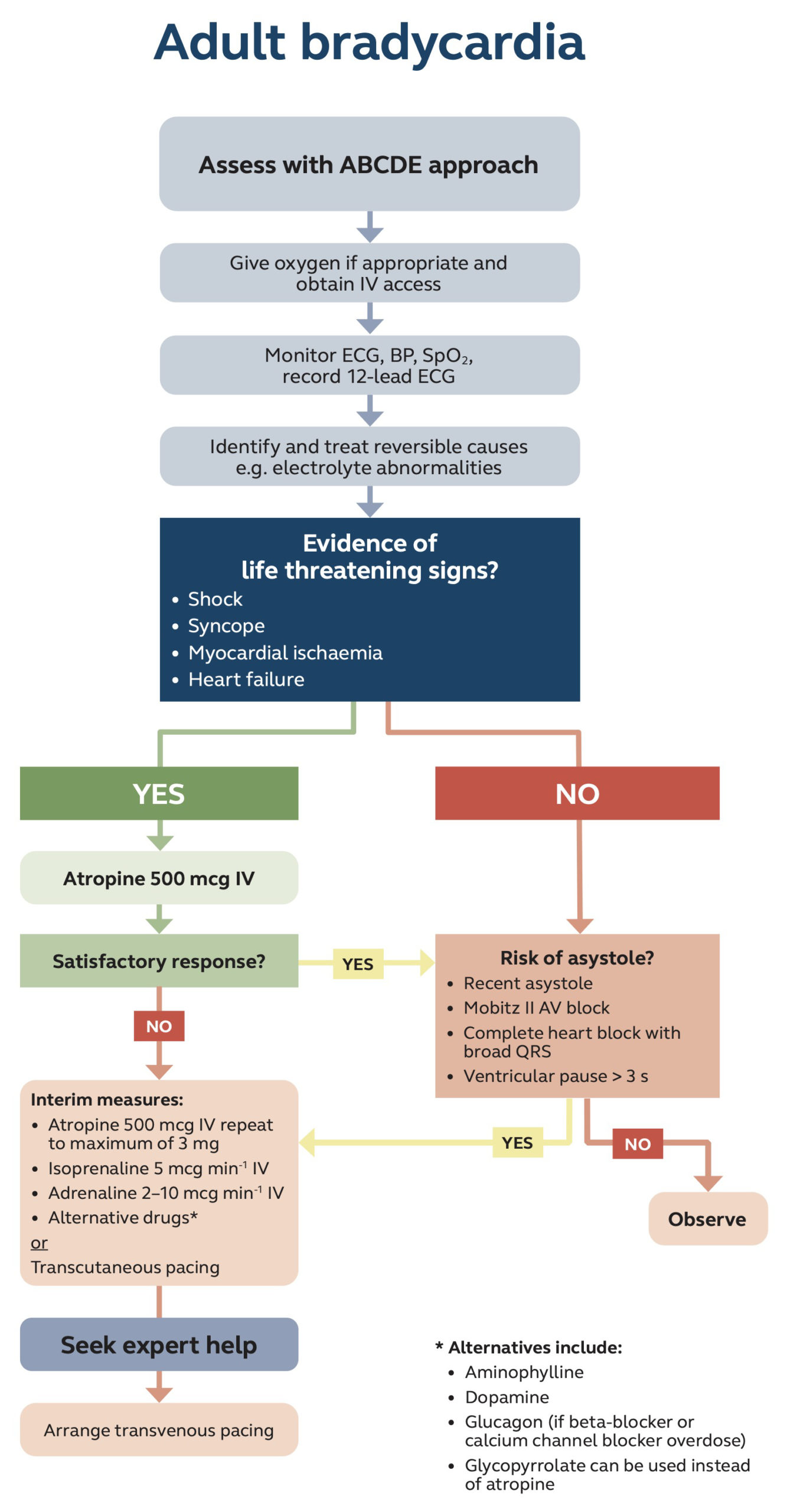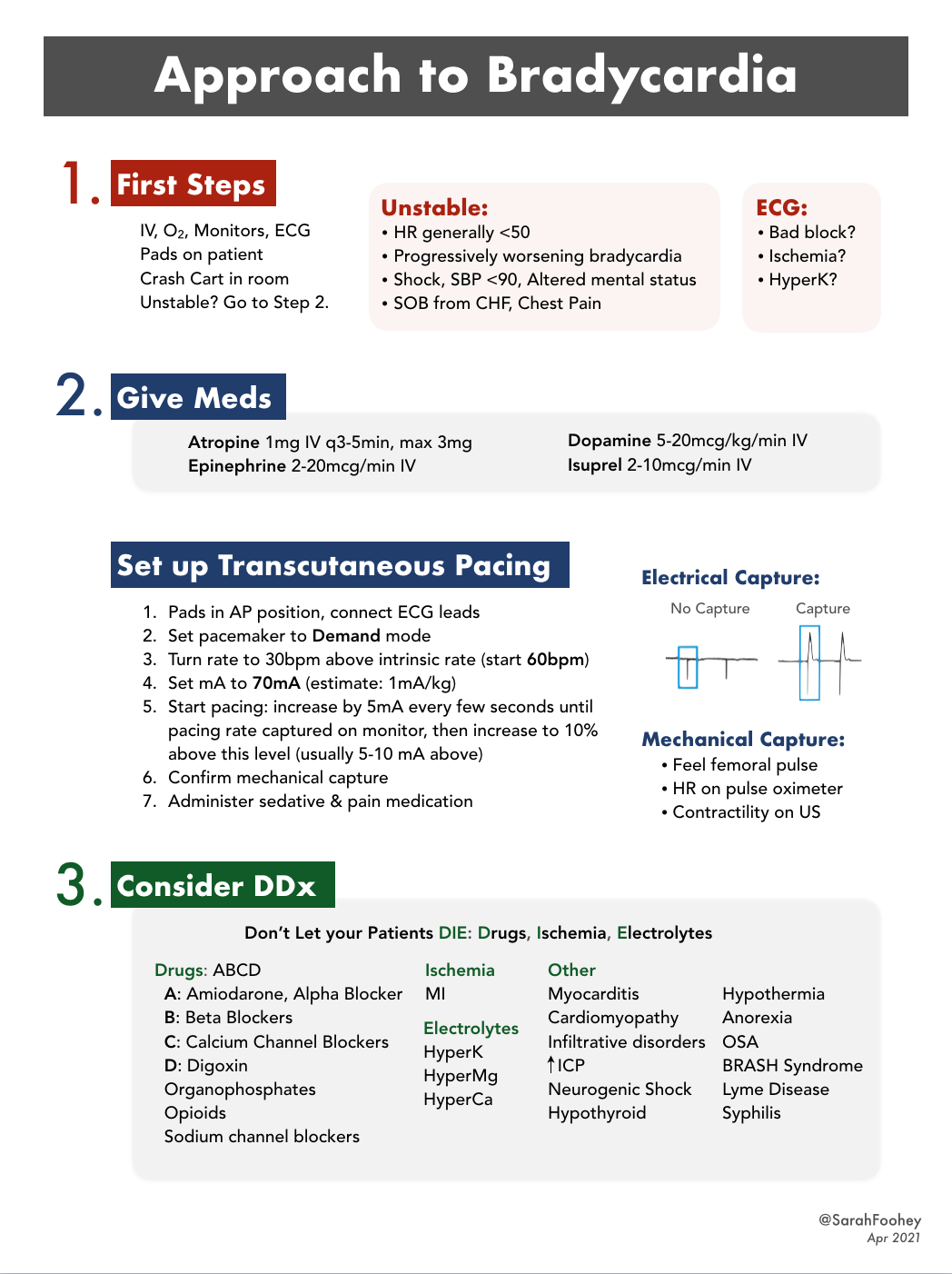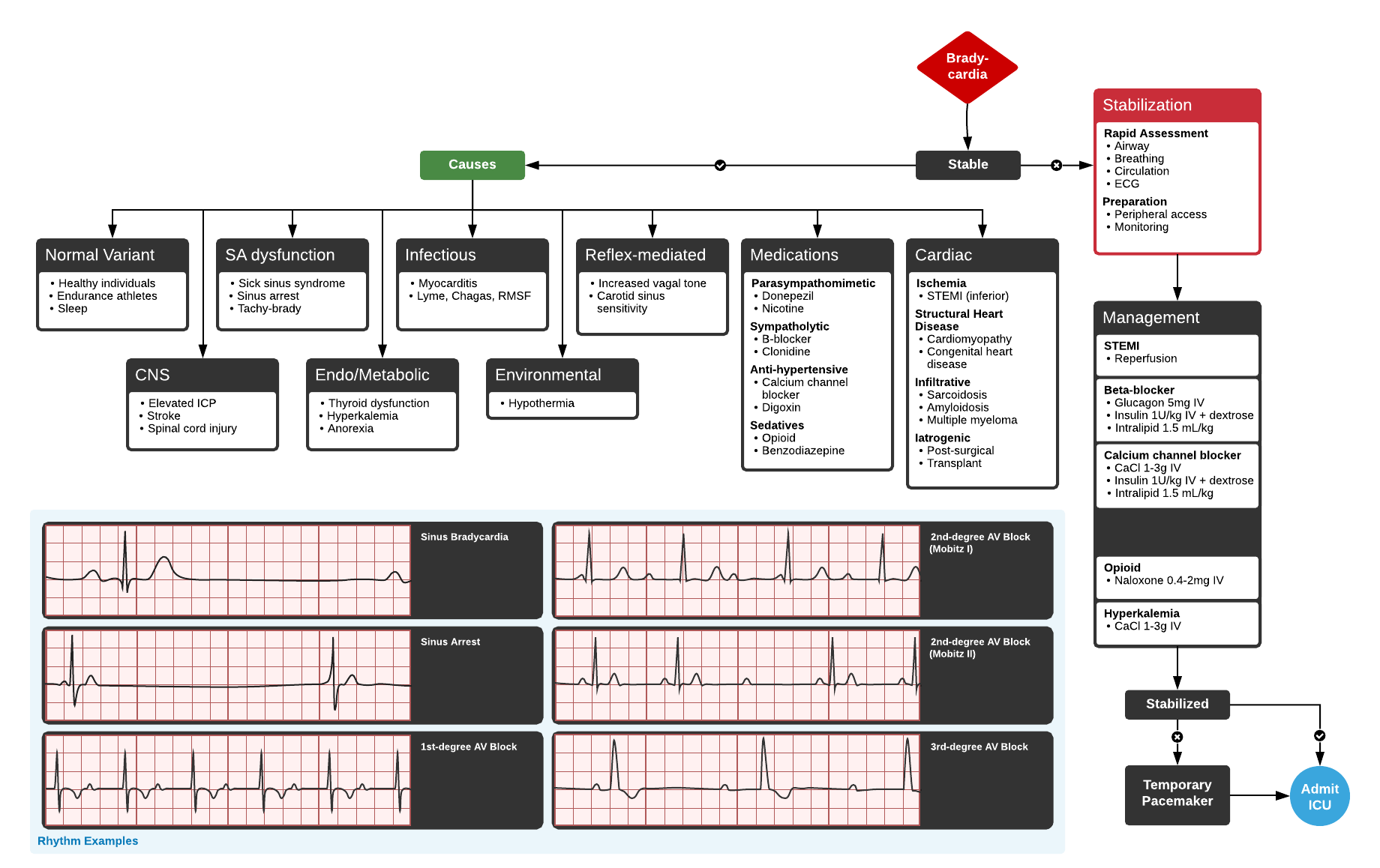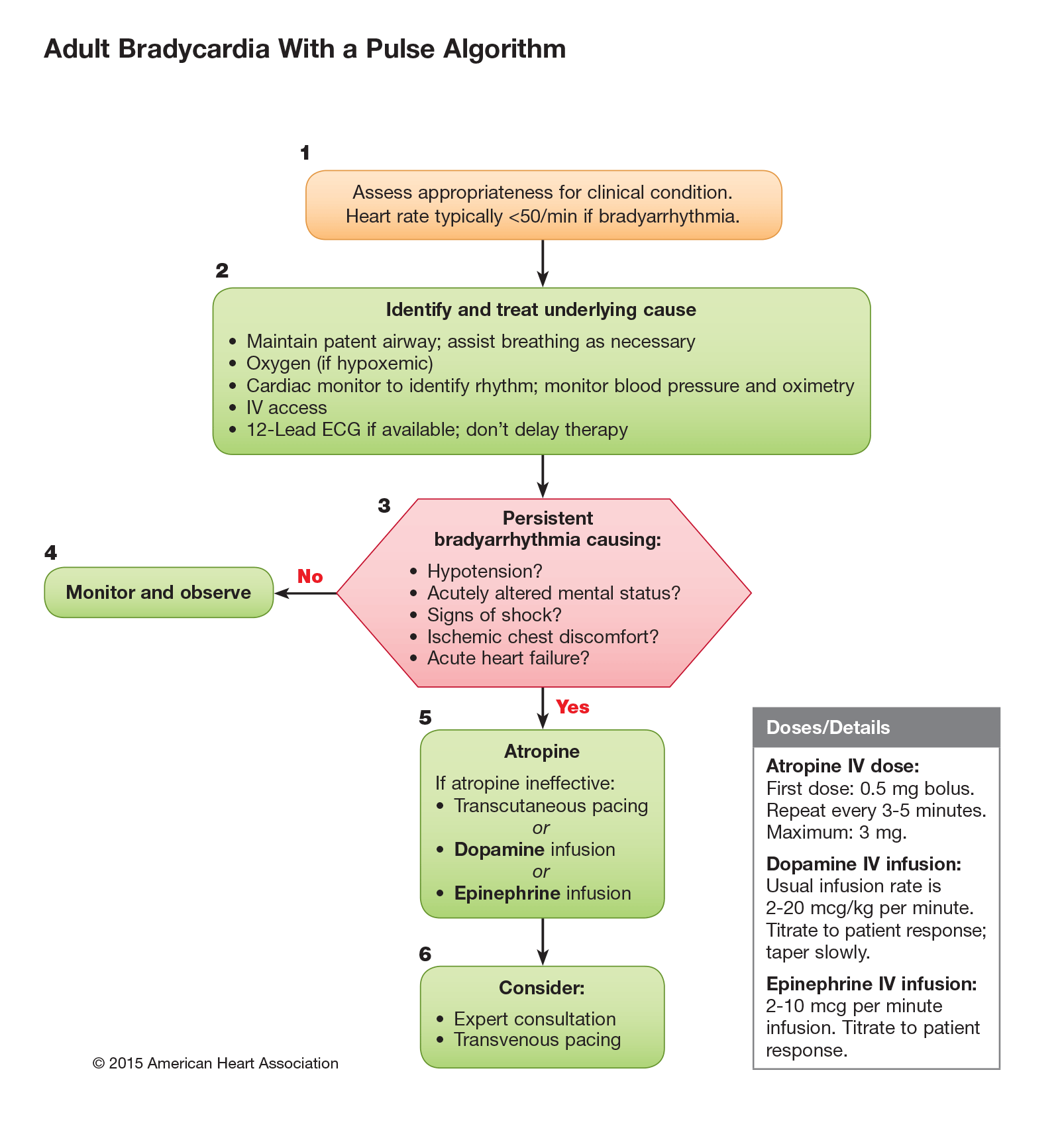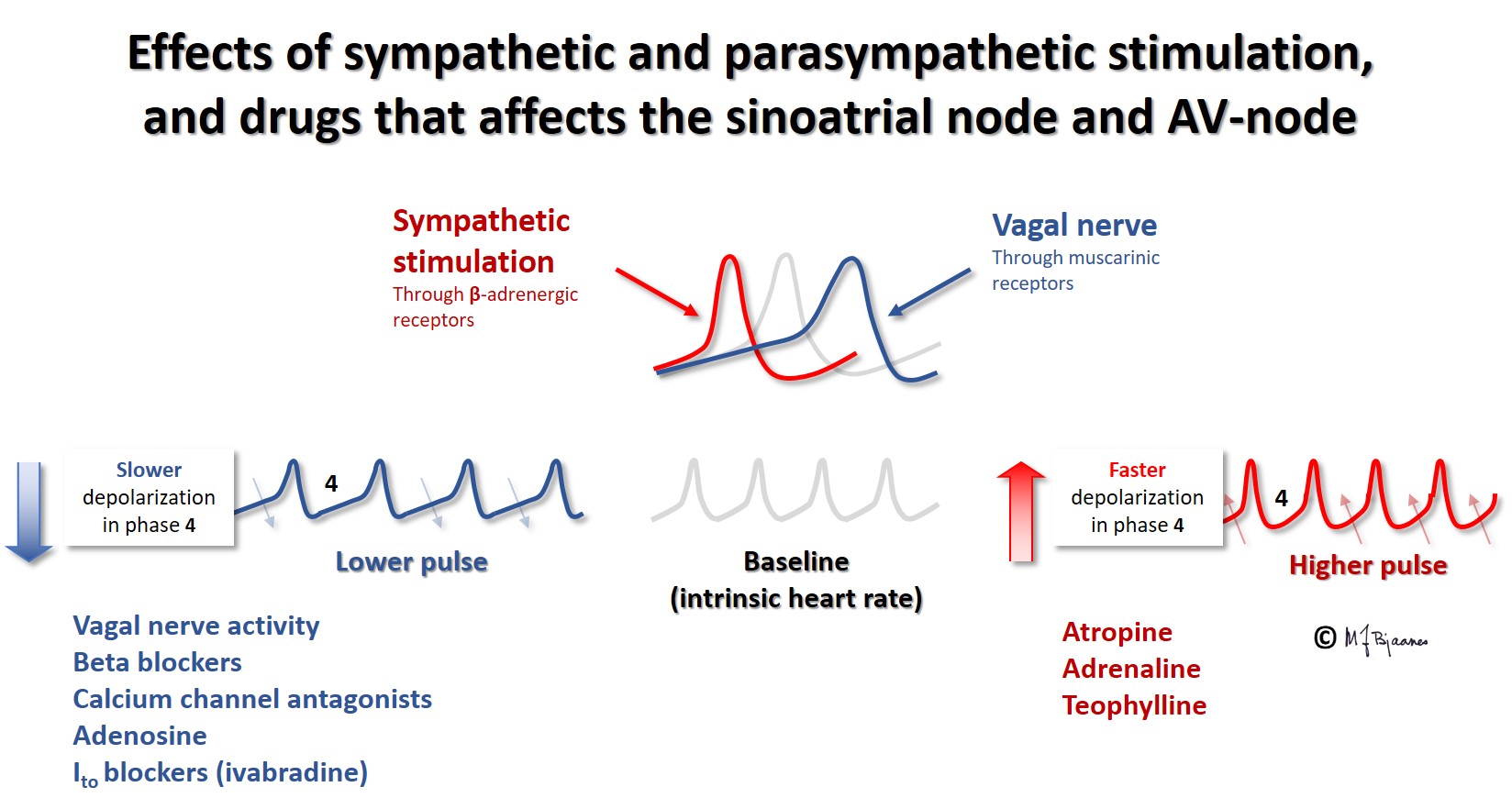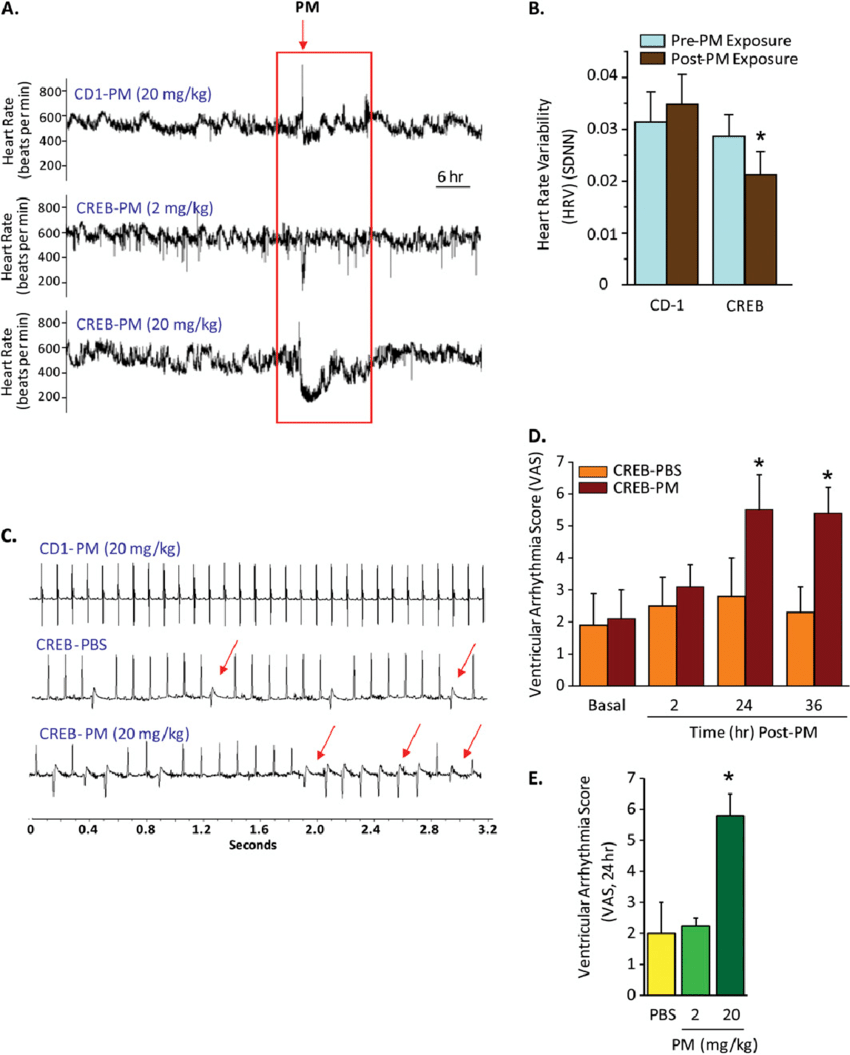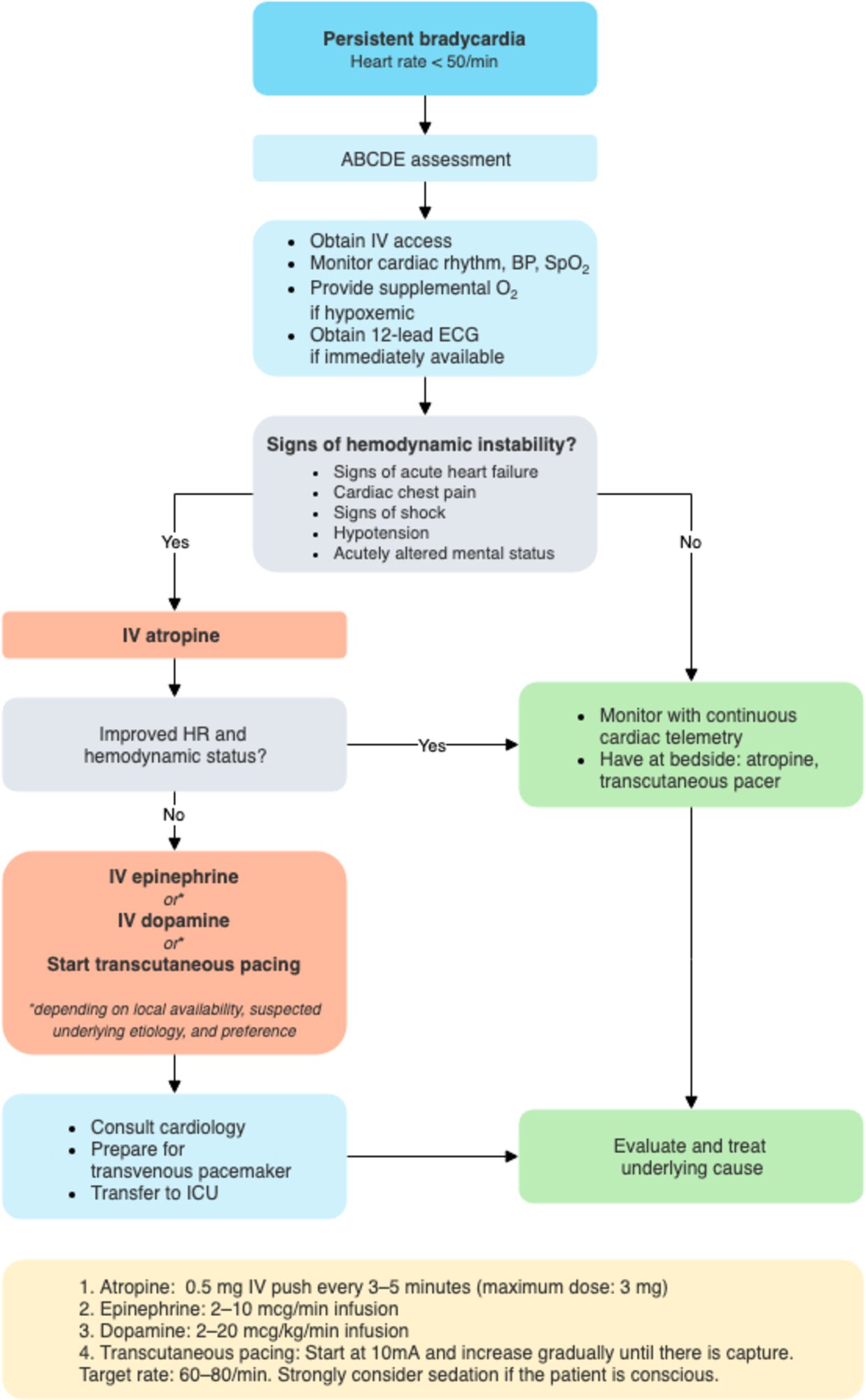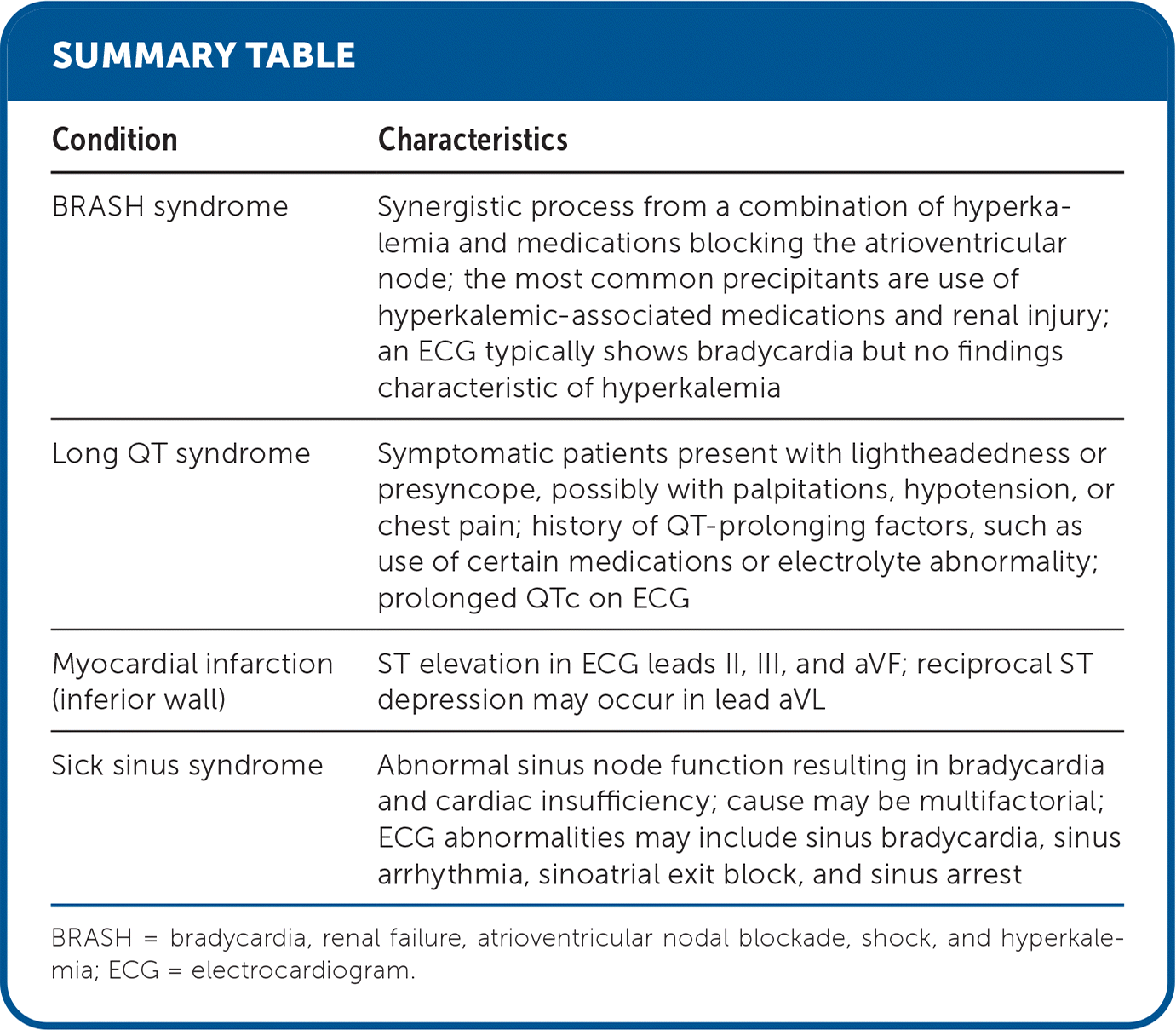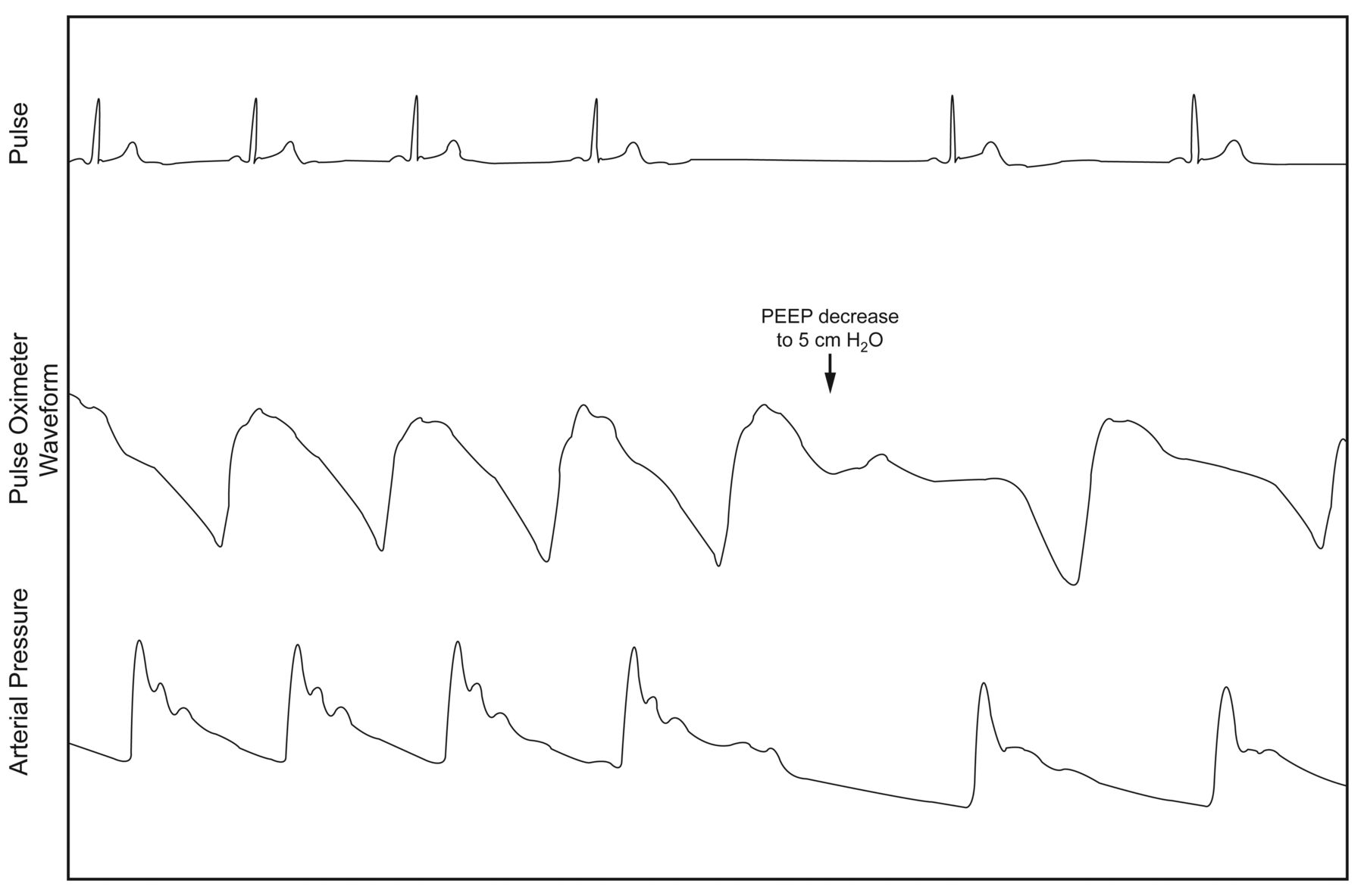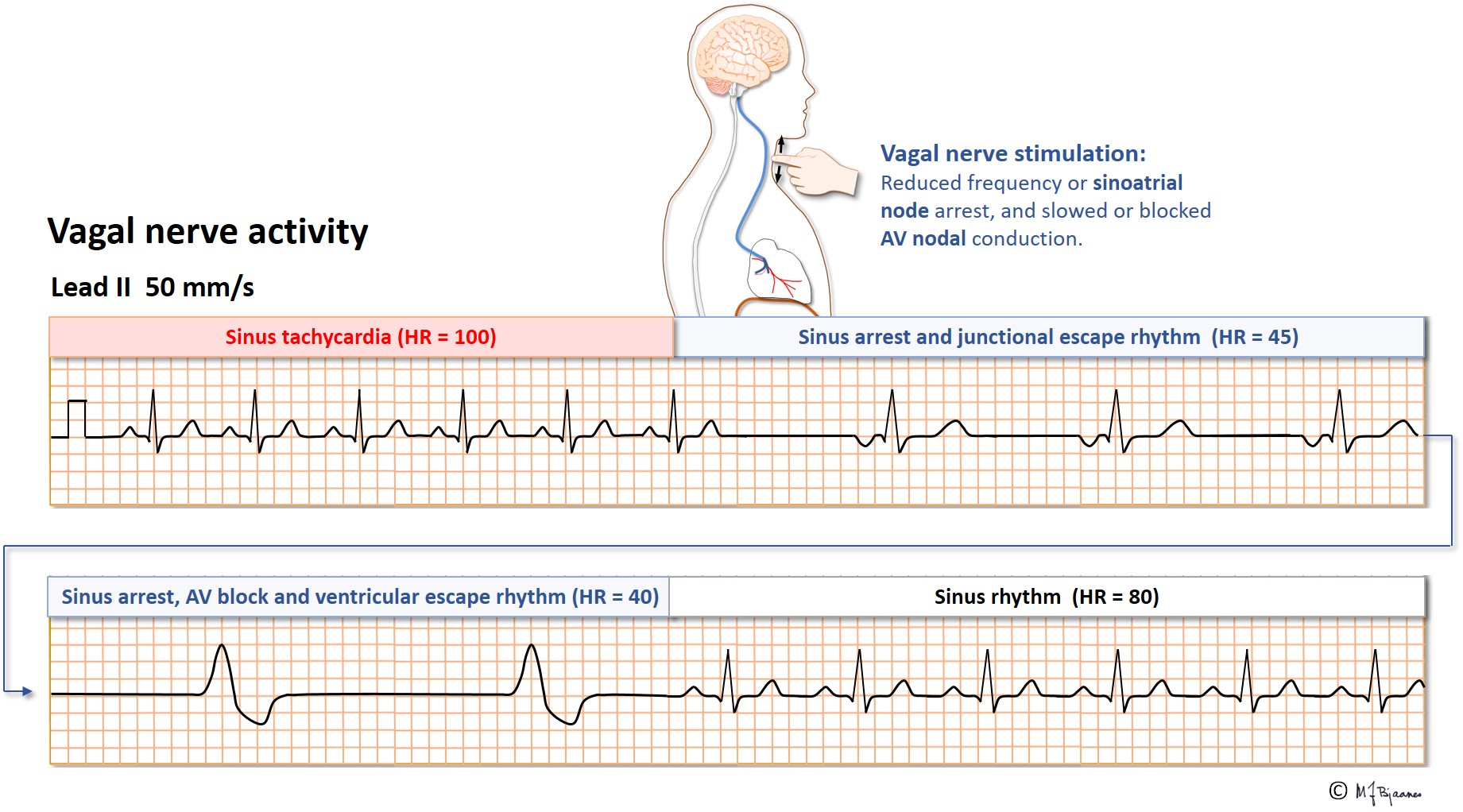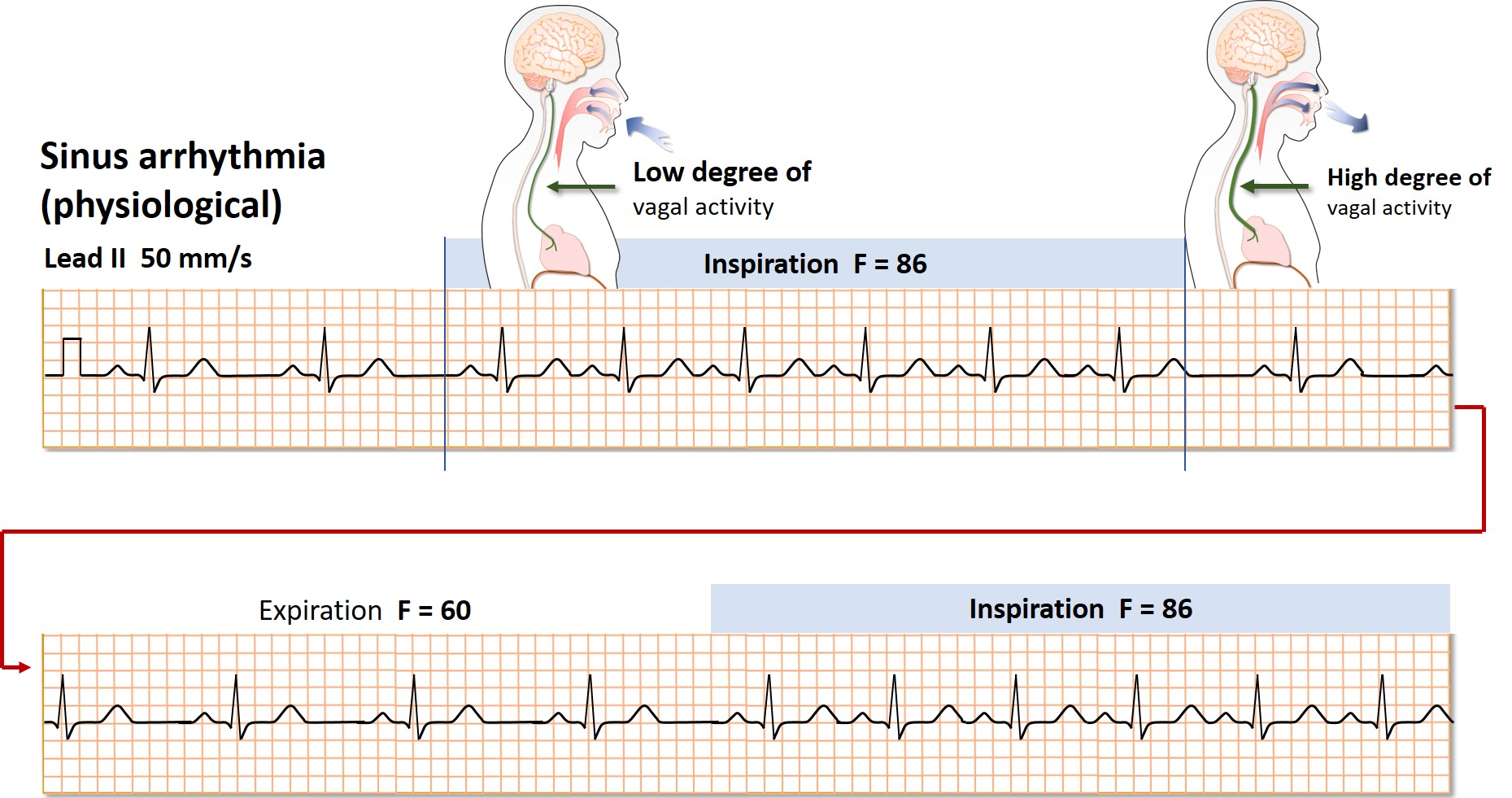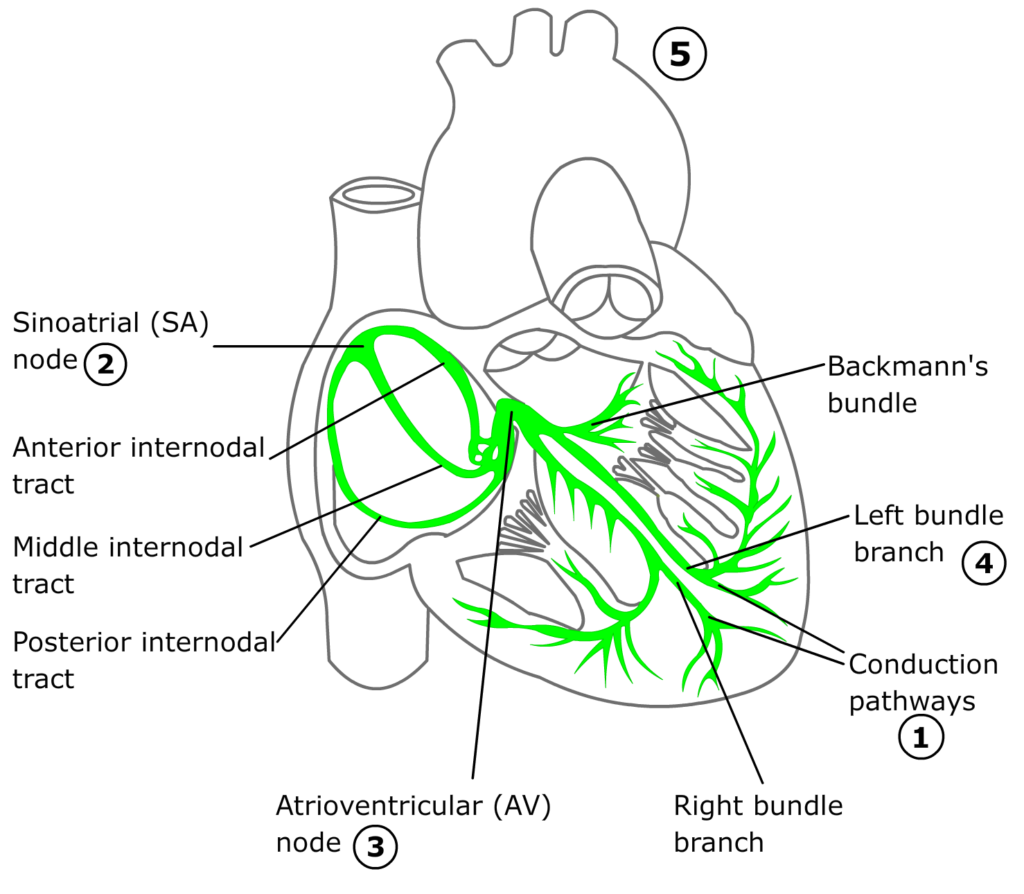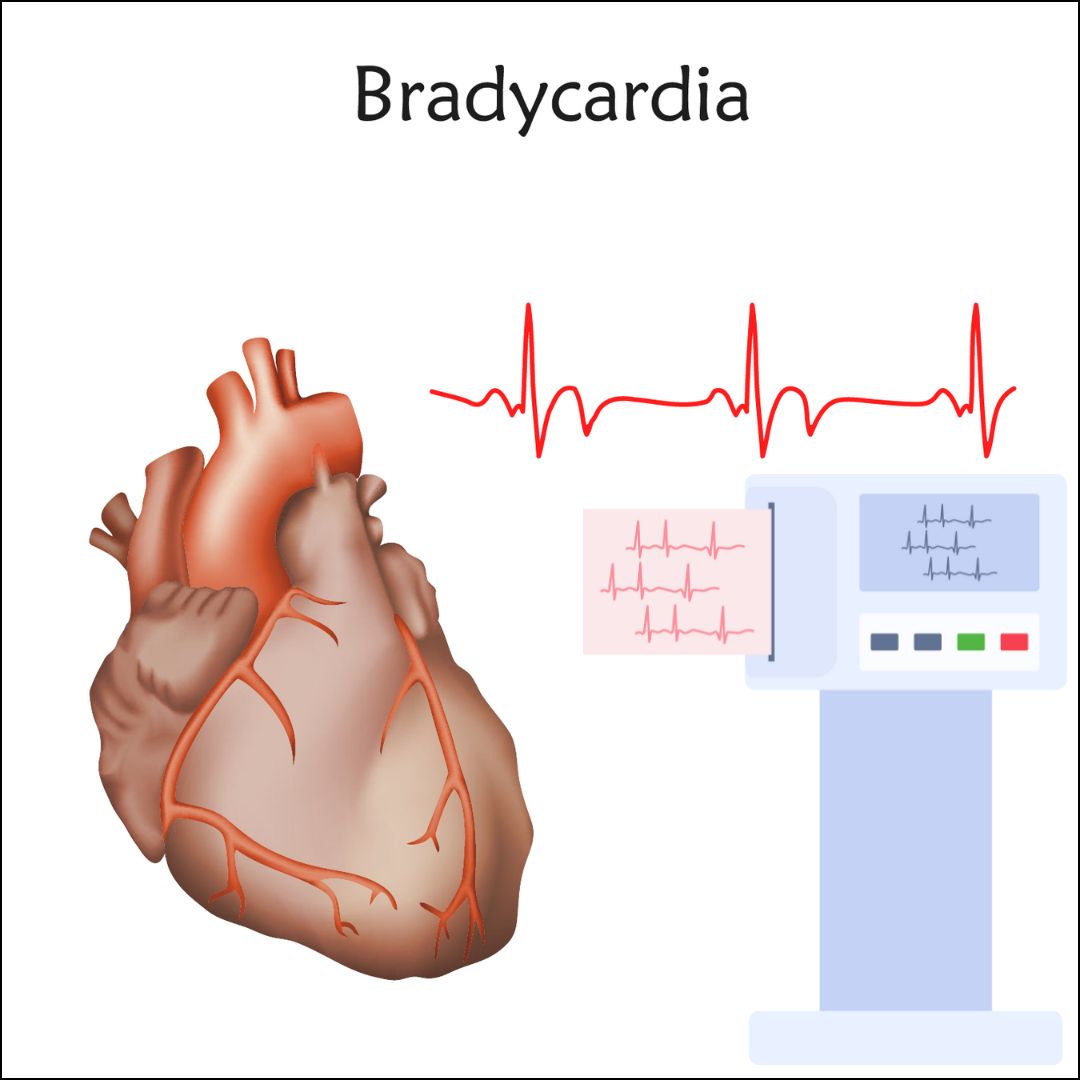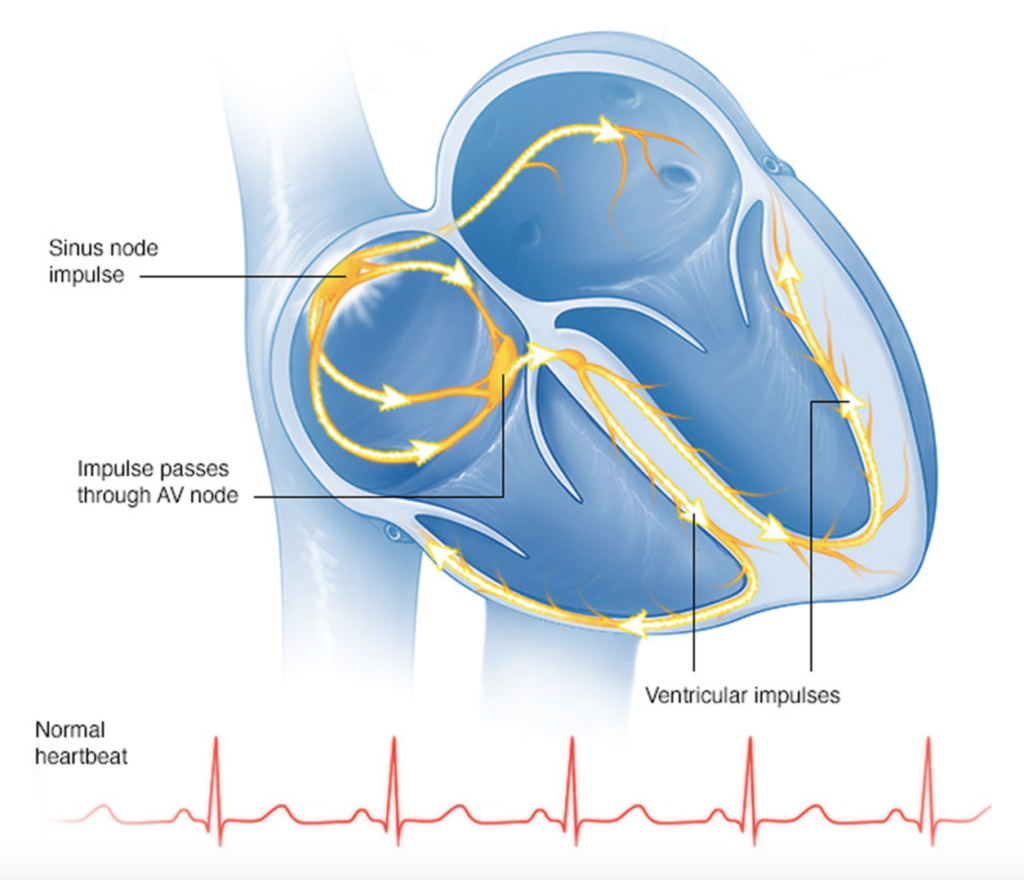
What is bradycardia?
Bradycardia is a slower than normal heart rate. A normal adult resting heart rate is between 60 – 100 beats per minute (bpm). If you have bradycardia, your heart beats fewer than 60 times a minute. Bradycardia (heart rate 40 – 60 bpm) can be normal when you’re sleeping. It can also be normal when you’re awake if you are a young, healthy adult or if you’re very physically fit. However, if you aren’t very physically fit, bradycardia may be a sign of problems with your heart.

What are the symptoms of bradycardia?
You may have no symptoms, or you may have symptoms including:
- feeling faint or dizzy
- shortness of breath
- feeling tired or weak
- chest pain
If you have any of these symptoms and you have a slow heart rate, you should see a doctor straight away or go to your nearest emergency department.
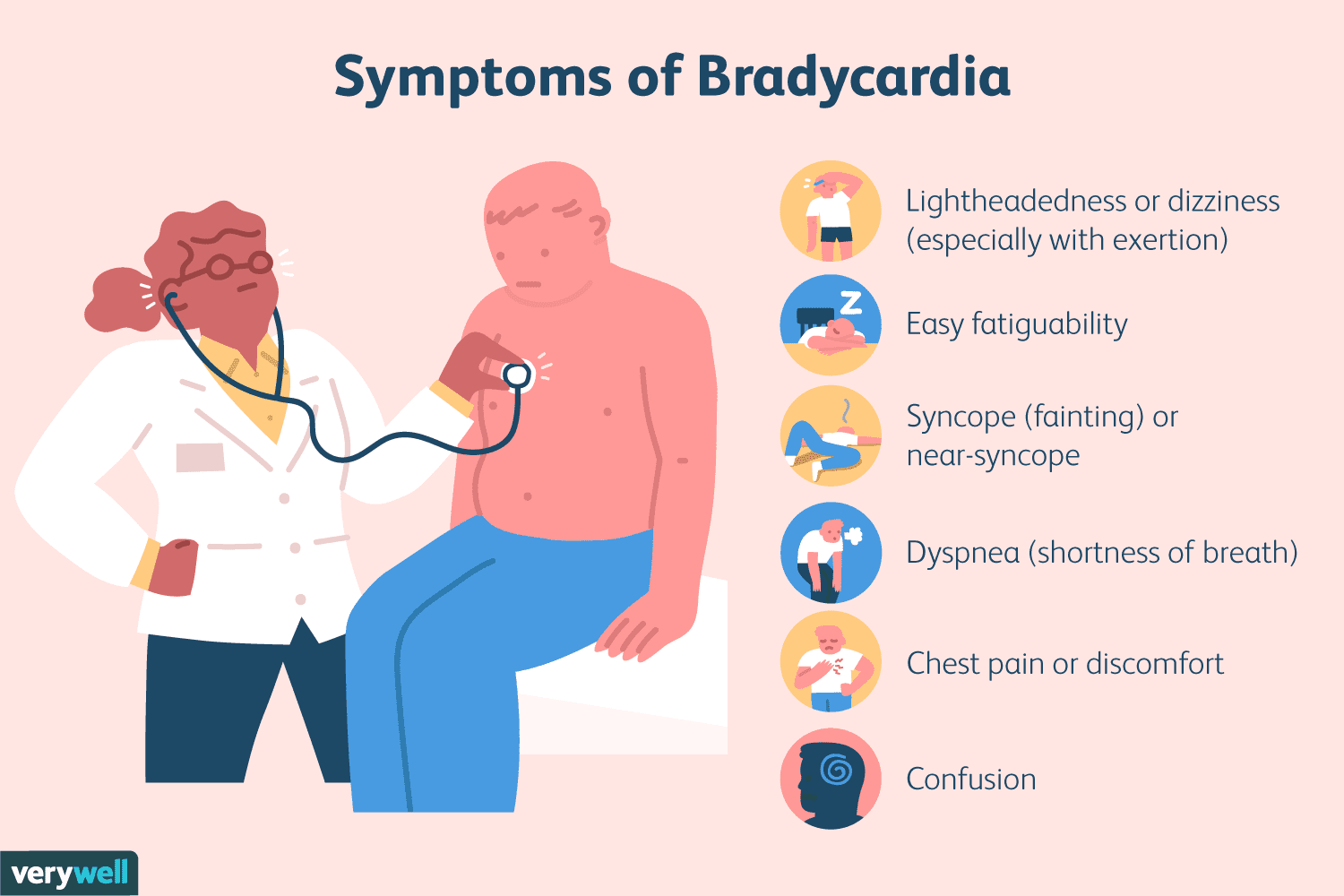
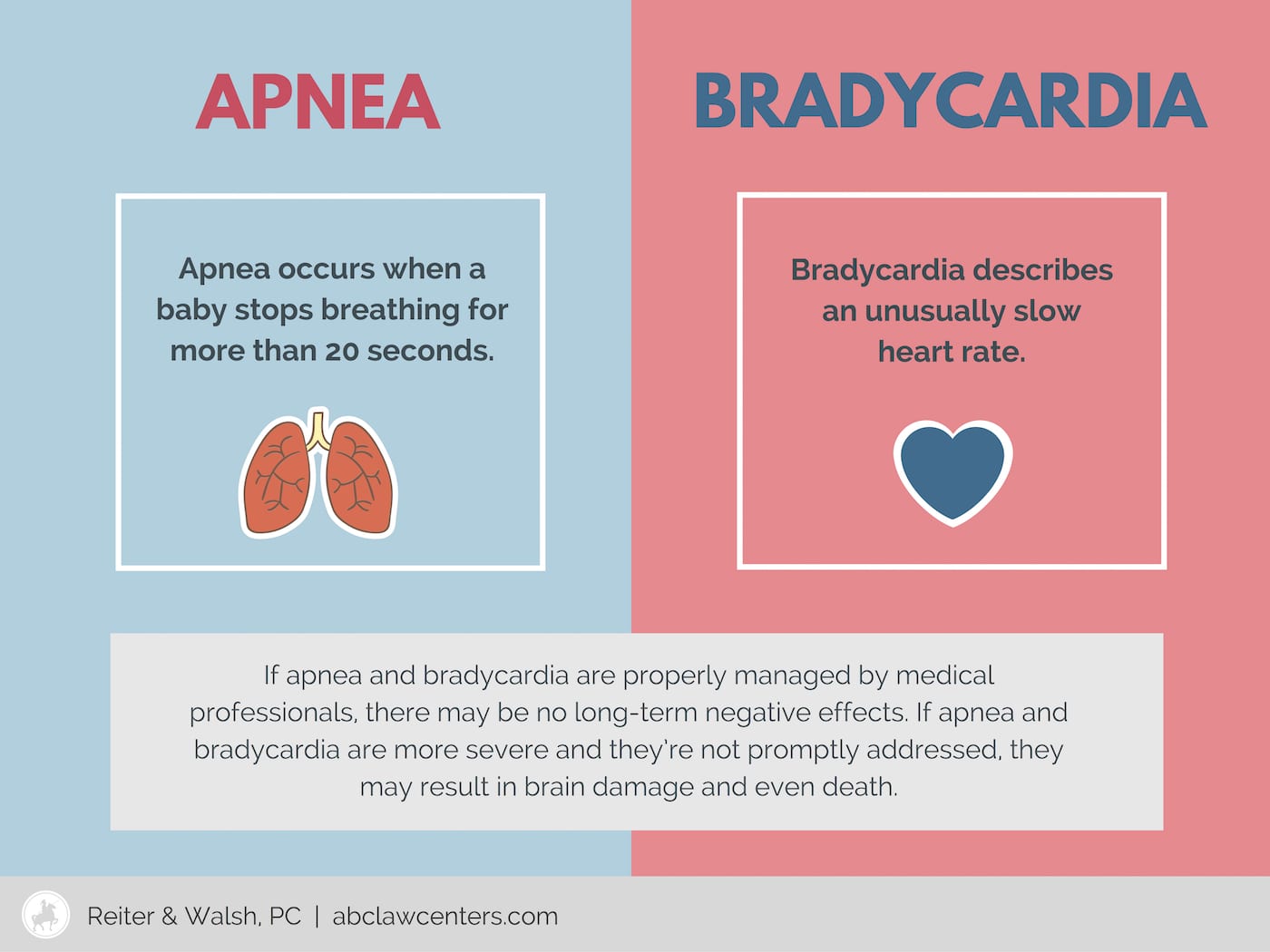
What causes bradycardia?
Bradycardia is normal for some people, especially if you’re extremely fit.
However, it can also be caused by:
- damage to your heart due to aging or heart diseases (such as heart attack), cardiomyopathy or myocarditis
- hypothyroidism
- electrolyte imbalance in your blood
- heart disorder present at birth (congenital heart defect)
- medicines (such as medicines to treat high blood pressure, sedatives, opioids, heart rhythm disorders and mental illness)
- sleep apnoea
When should I see my doctor?
If you have a pulse rate less than 60 bpm, and you’re experiencing any symptoms mentioned above, especially if you aren’t very fit, it’s important to see your doctor. It might help to note the times you notice your heart is beating slowly, and how you’re feeling at the time.
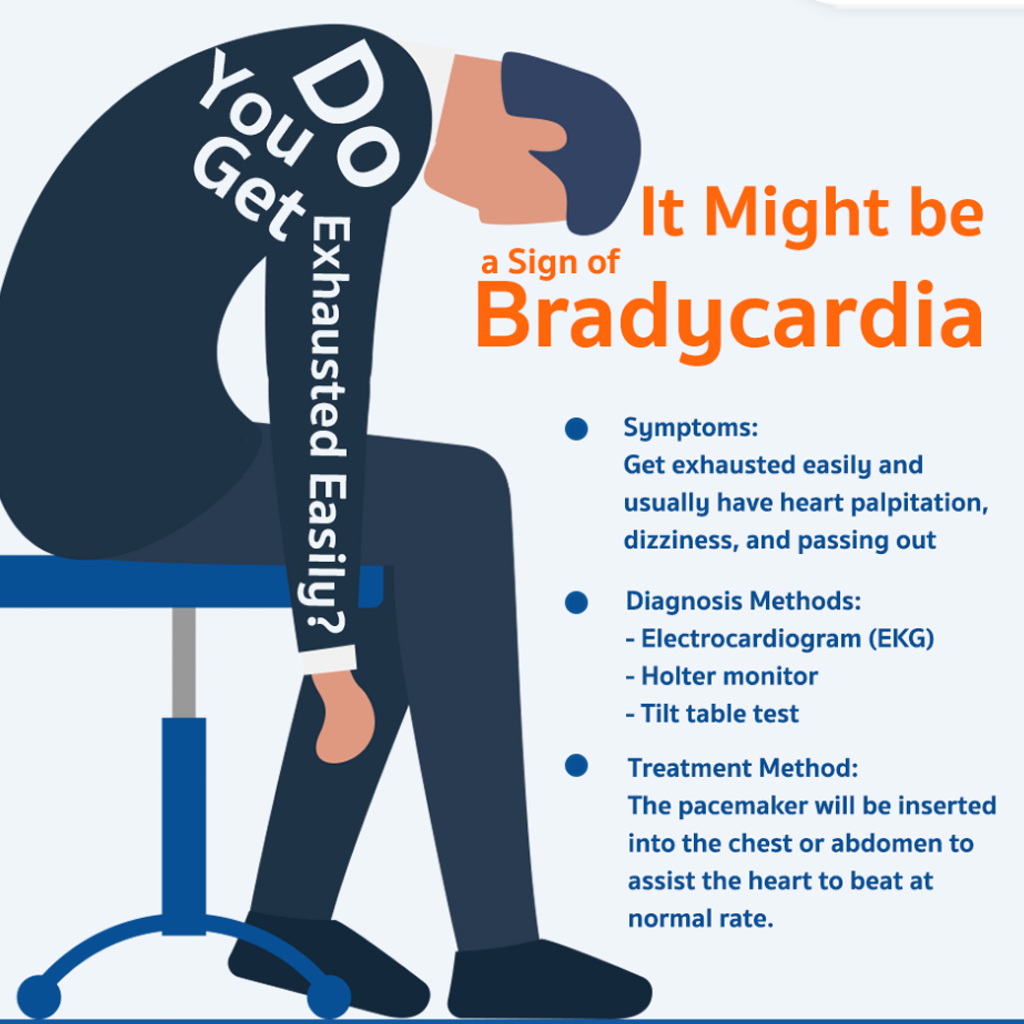
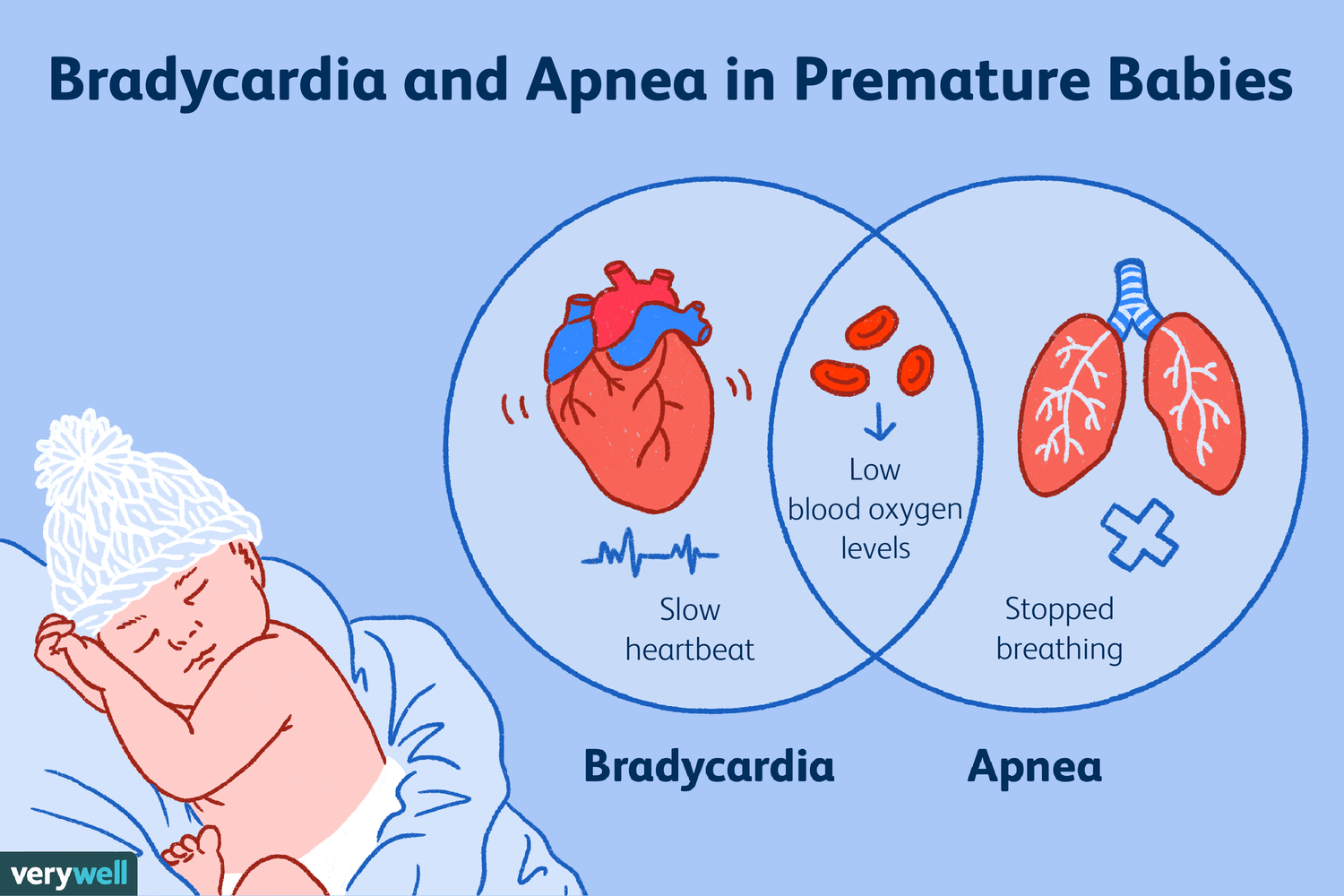
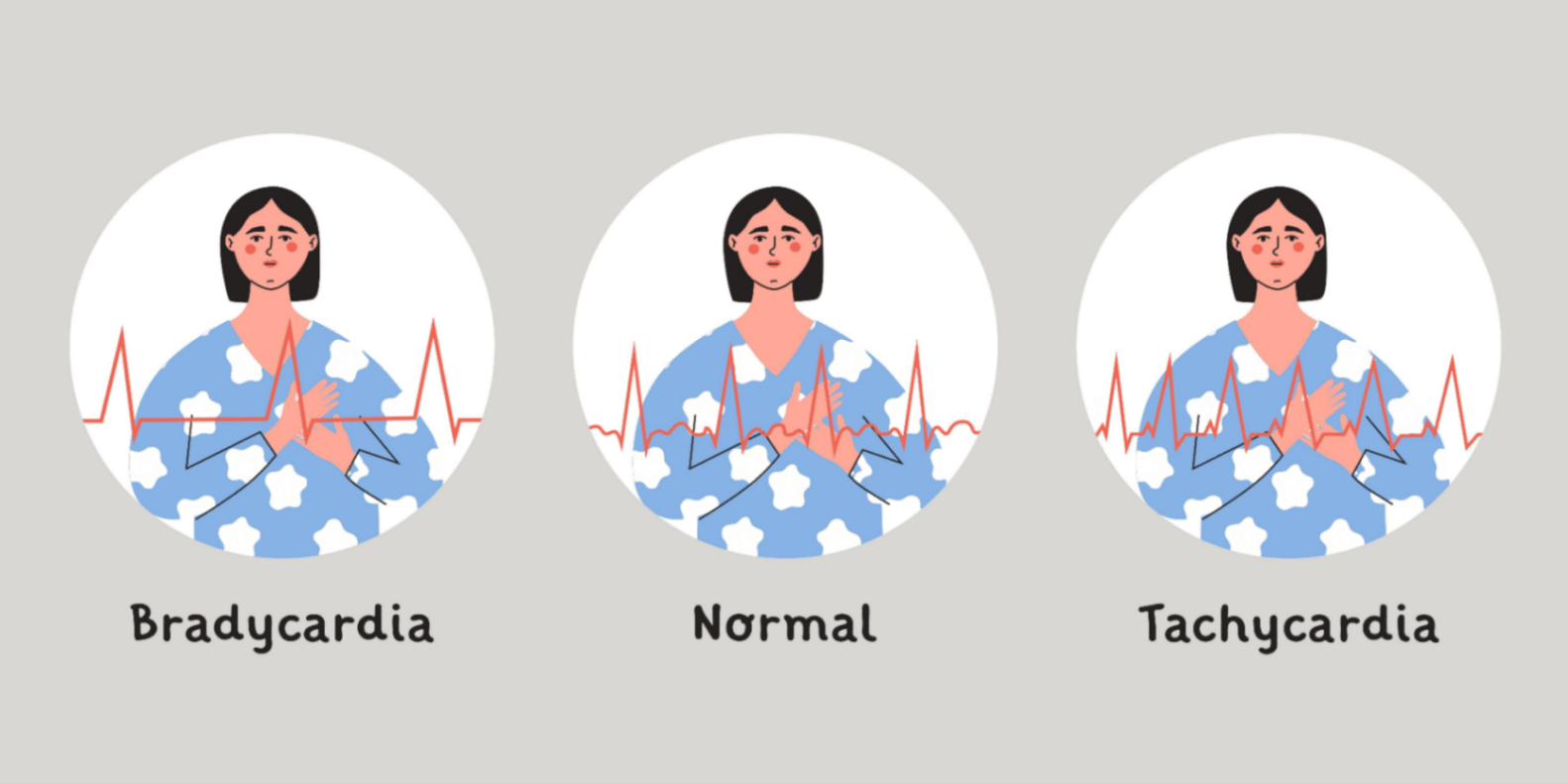
How is bradycardia diagnosed?
Your doctor will ask you about your symptoms and your medical and family history. Your doctor will measure your pulse rate, listen to your heart and perform tests, such as an electrocardiogram (ECG) and blood tests. Your heart rate may only be slow intermittently, so it’s a good idea to keep a record of when you experience bradycardia or related symptoms.
Your doctor might recommend further tests such as a 24-hour ambulatory ECG (Holter monitor) or a cardiac stress test.
How is bradycardia treated?
Treatment will depend on the cause of your bradycardia. For example:
- If you have hypothyroidism, treating it might bring your heart rate up to normal.
- If you have a slow heart rate because you’re physically fit, you won’t need any treatment.
- You might need to stop a medicine that is causing your bradycardia.
- You might need a pacemaker or some other form of treatment for your heart.
What are the complications of bradycardia?
If your abnormal bradycardia is severe or prolonged and you don’t receive treatment, you may be at risk of developing:
- low blood pressure
- fainting
- angina
- heart failure
Can I prevent bradycardia?
Bradycardia can’t always be prevented. You may help prevent bradycardia by lowering your risk of heart disease. This includes:
- regular exercise
- maintaining a healthy weight
- eating a healthy diet
- reducing stress
- quitting smoking if you smoke
- keeping your blood pressure and cholesterol in the healthy range
